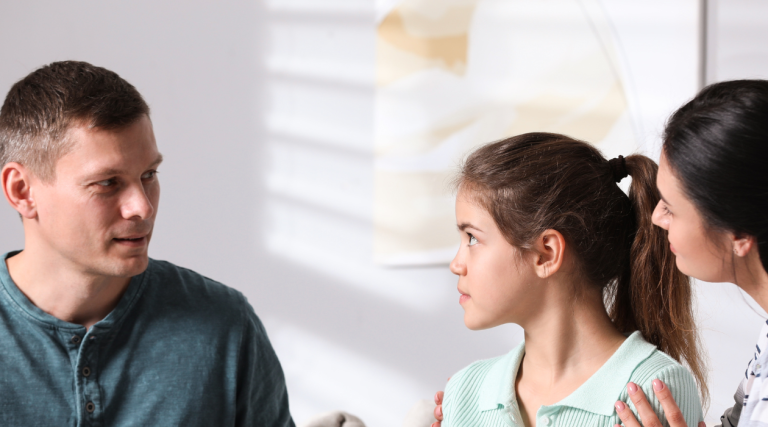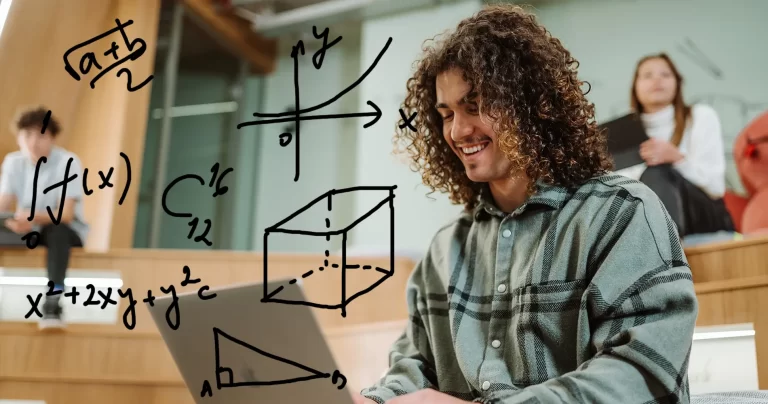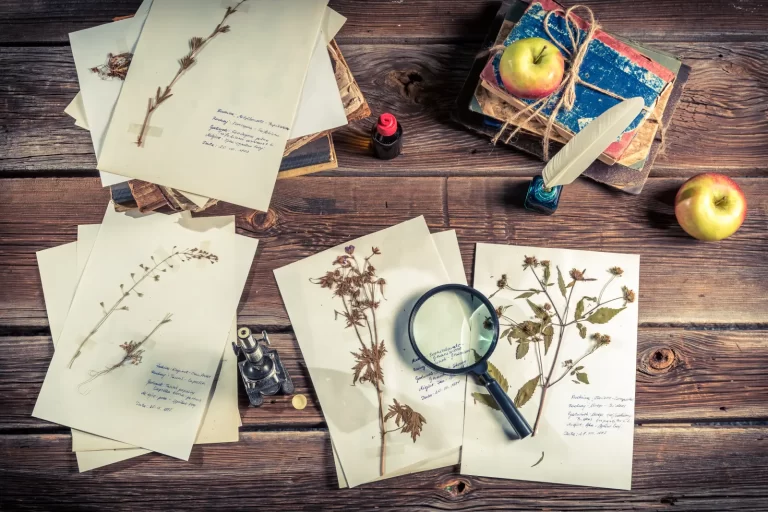Summary of course content
Cambridge IGCSE Combined Science covers key concepts in biology, chemistry, and physics. Enhance your scientific understanding and skills.
In this Cambridge IGCSE Combined Science course, you will understand the biological and technological aspects of life and make a dive into the principles and concepts that are fundamental to science. Learn skills that have utility in everyday life and encourage you to take a new look at solving problems in real life.
Begin exploring the interconnected world of science today.
This course aims to:
- provide an enjoyable and worthwhile educational experience for all learners, whether or not they go on to study science beyond this level
- enable learners to acquire sufficient knowledge and understanding to:
- become confident citizens in a technological world and develop an informed interest in scientific matters
- be suitably prepared for studies beyond Cambridge IGCSE
- allow learners to recognise that science is evidence-based and understand the usefulness, and the limitations of scientific method
- develop skills that:
- are relevant to the study and practice of science
- are useful in everyday life
- encourage a systematic approach to problem-solving
- encourage efficient and safe practice
- encourage effective communication through the language of science
- develop attitudes relevant to science such as:
- concern for accuracy and precision
- objectivity
- integrity
- enquiry
- initiative
- inventiveness
- enable learners to appreciate that:
- science is subject to social, economic, technological, ethical and cultural influences and limitations
- the applications of science may be both beneficial and detrimental to the individual, the community and the environment.
Areas of Study
The subject content is divided into three sections: Biology, Chemistry and Physics. Candidates must study all three sections.
Biology
- Characteristics of living organisms
- Cells
- Biological molecules
- Enzymes
- Plant nutrition
- Animal nutrition
- Transport
- Gas exchange and respiration
- Coordination and response
- Reproduction
- Organisms and their environment
- Human influences on ecosystems
Chemistry
- The particulate nature of matter
- Experimental techniques
- Atoms, elements and compounds
- Stoichiometry
- Electricity and chemistry
- Energy changes in chemical reactions
- Chemical reactions
- Acids, bases and salts
- The Periodic Table
- Metals
- Air and water
- Organic chemistry
Physics
- Motion
- Work, energy and power
- Thermal physics
- Properties of waves, including light and sound
- Electrical quantities
- Electric circuits
Guided Learning Hours
We design Cambridge IGCSE syllabuses based on learners having about 130 guided learning hours for each subject during the course but this is for guidance only. The number of hours a learner needs to achieve the qualification may vary according to local practice and their previous experience of the subject.
Any special requirements
Mathematical requirements
Calculators may be used in all parts of the examination.
Candidates should be able to:
- add, subtract, multiply and divide
- use averages, decimals, fractions, percentages, ratios and reciprocals
- use standard notation, including both positive and negative indices
- understand significant figures and use them appropriately
- recognise and use direct and inverse proportion
- use positive, whole number indices in algebraic expressions
- draw charts and graphs from given data
- interpret charts and graphs
- determine the gradient and intercept of a graph
- select suitable scales and axes for graphs
- make approximate evaluations of numerical expressions
- recall and use equations for the areas of a rectangle, triangle and circle and the volumes of a rectangular block and a cylinder
- use mathematical instruments (ruler, compasses, protractor and set square)
- understand the meaning of angle, curve, circle, radius, diameter, circumference, square, parallelogram, rectangle and diagonal
solve equations of the form x=y+z and x=yz for any one term when the other two are known - recognise and use clockwise and anticlockwise directions
- recognise and use points of the compass (N, S, E, W)
- use sines and inverse sines (Extended candidates only).
Required textbook
Cambridge IGCSE® Combined and Co-ordinated Sciences Coursebook, Mary Jones, Richard Harwood, Ian Lodge, David Sang, ISBN 9781316631010. You can find the textbook here.
Course code: 0653









